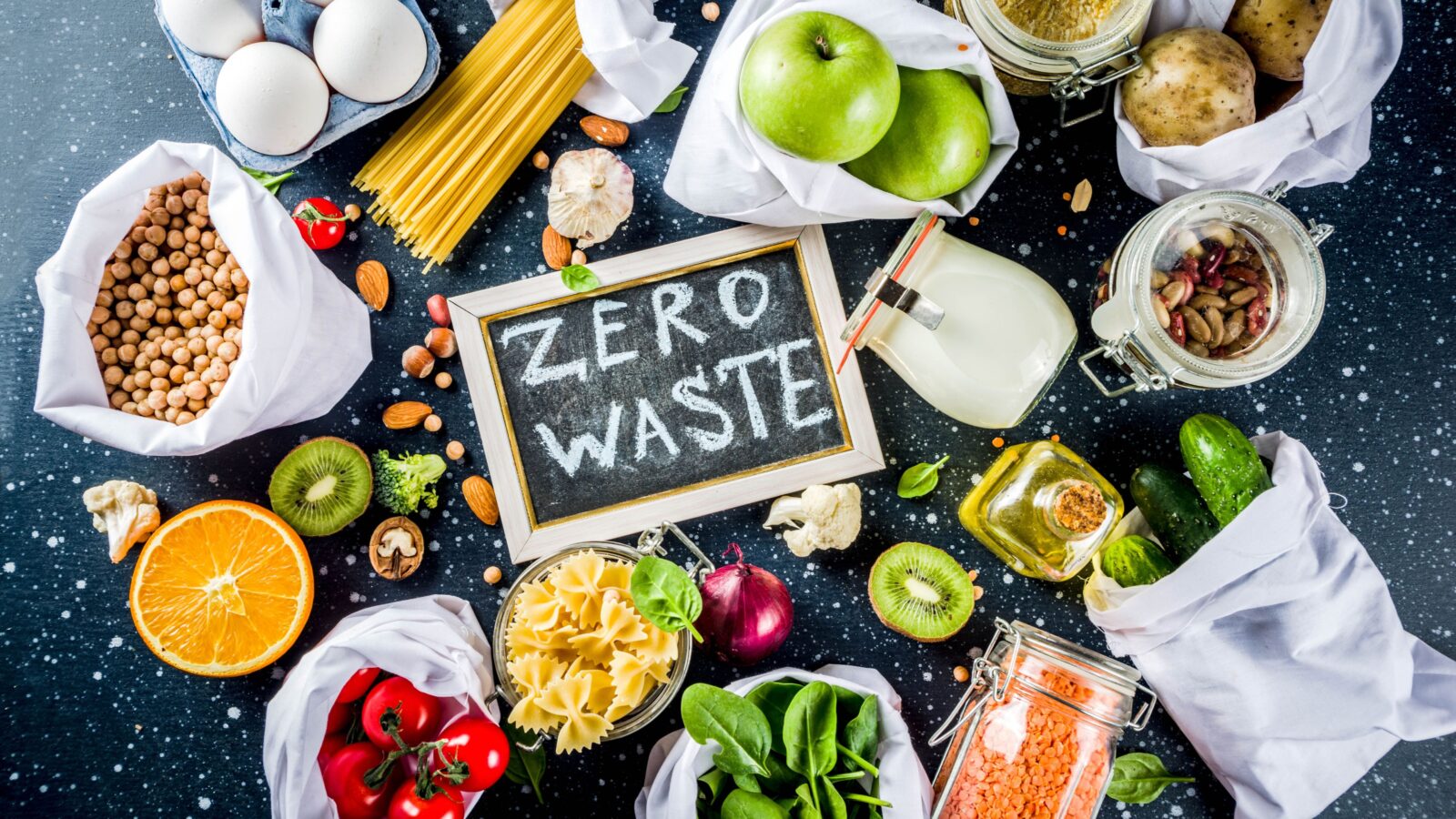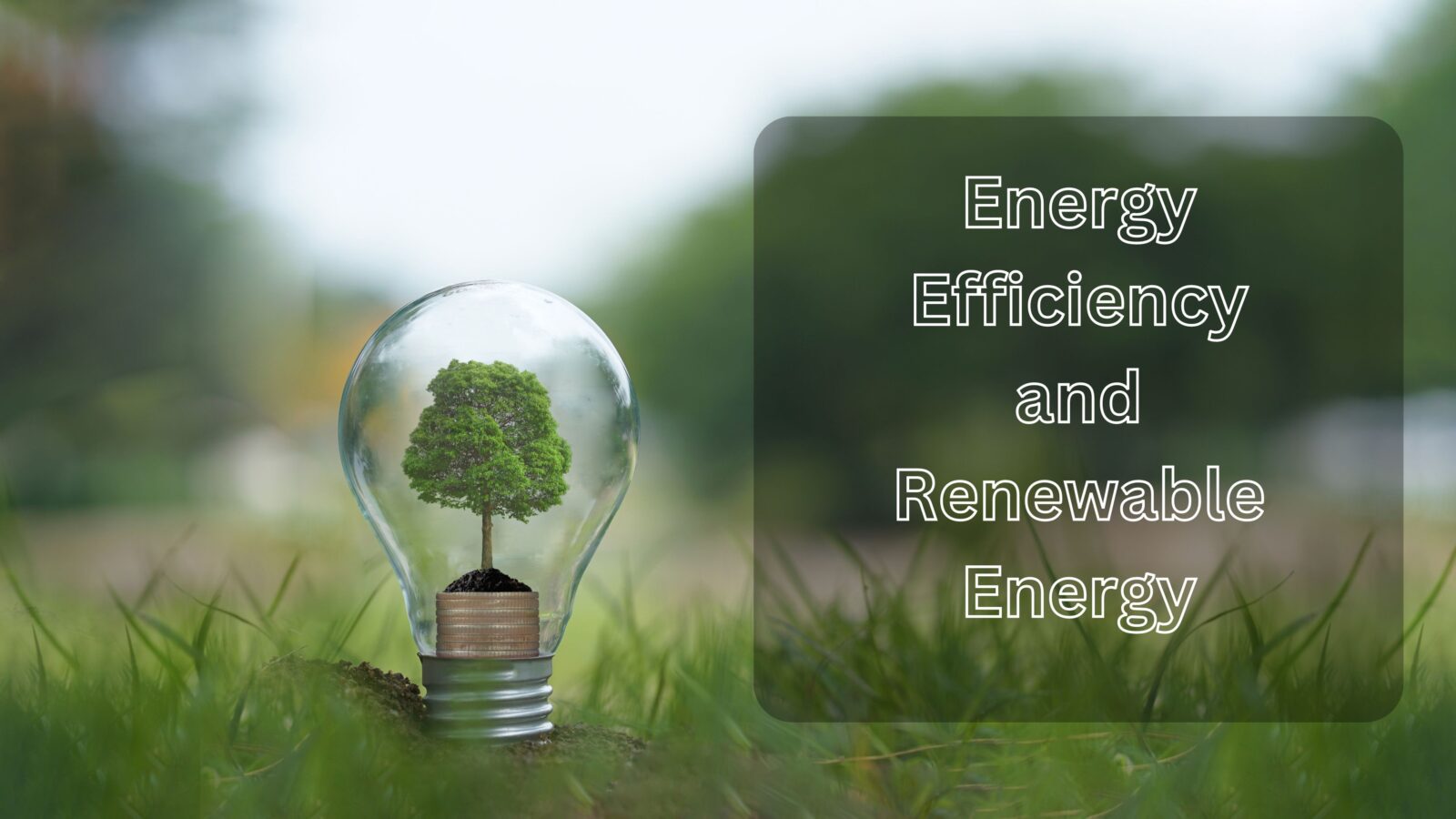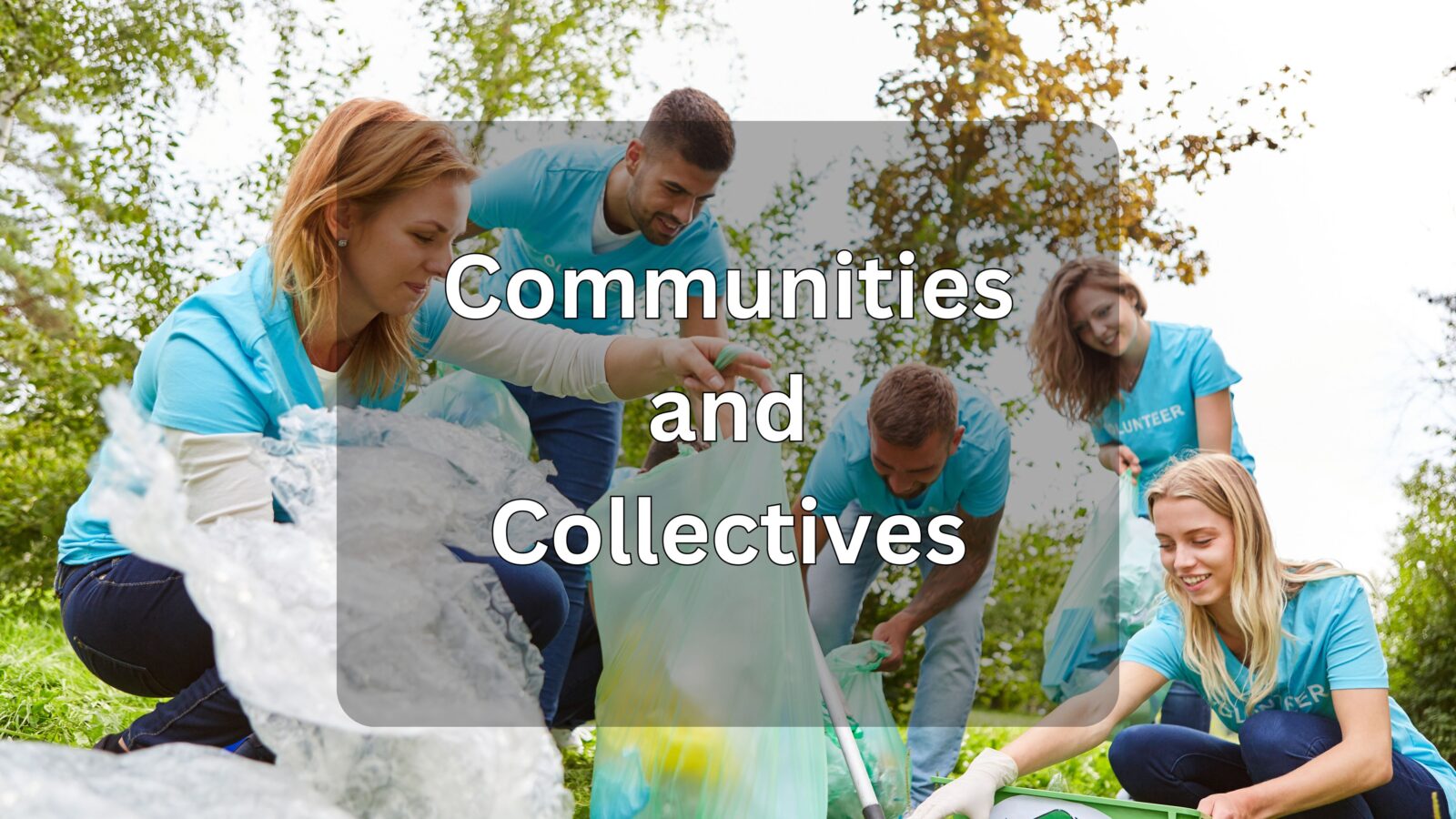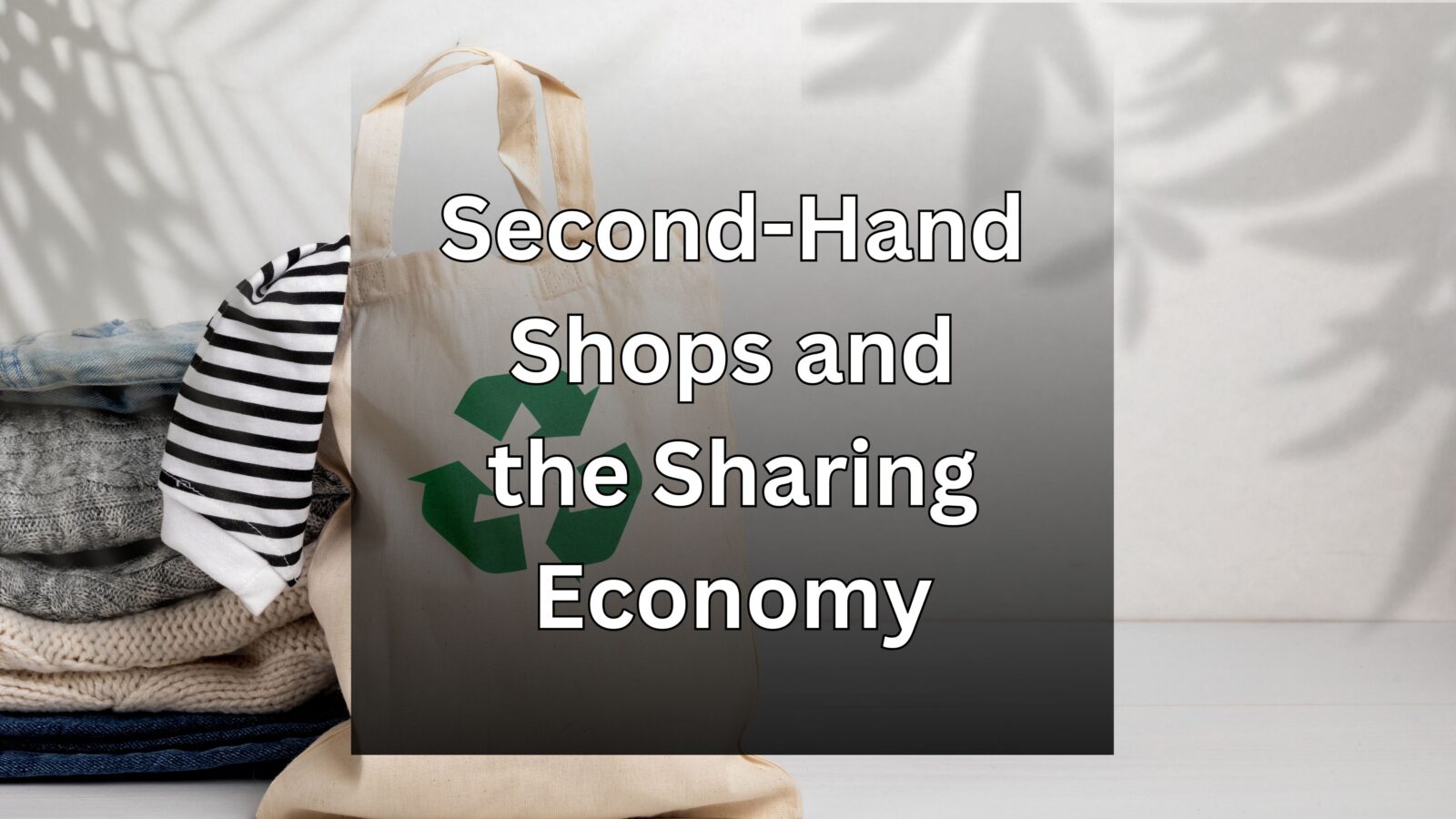
Sustainable living is becoming increasingly important for both individuals and communities.
Türkiye is also keeping up with this trend. There are many practices and movements in Türkiye that embrace sustainable living. Let’s take a closer look at how sustainable living is becoming possible in Türkiye.
Eco-friendly practices are methods and projects that do not harm the environment or at least minimize their impact. In various cities across Türkiye, municipalities and the private sector are investing in such projects.

The "Zero Waste" project initiated in Istanbul has become a model for all of Türkiye. This project encourages the separation of waste at its source and increases recycling rates. Zero Waste projects are implemented in a wide range of places, from schools and workplaces to hospitals and shopping centers.

In Izmir, local governments are developing various projects to enhance energy efficiency. Energy-saving practices in buildings are being encouraged, and the use of renewable energy sources like solar and wind power is being promoted. This not only reduces energy costs but also minimizes negative environmental impacts.

Individuals who embrace sustainable living understand that they can be stronger and more effective together. Therefore, many communities and collectives have been established in Türkiye.
The Four Seasons Ecological Living Association, operating in Ankara, provides its members with training on ecological agriculture, permaculture, natural building techniques and more. The association aims to enhance the knowledge and skills of its members through organized events. Additionally, it promotes a culture of solidarity and cooperation among its members.
Natural living collective
Located in Ankara, the Natural Living Collective organizes events that share the benefits of ecological living with the local community. The collective establishes permaculture gardens, promotes the production and consumption of ecological products and facilitates the sharing of knowledge and experiences about sustainable living.
The project “Creating Resilient Food Systems in Times of Crisis: Tahtacıorencık and Beyond,” supported by the United Nations Development Programme GEF-SGP fund, aims to support eco-friendly production in Tahtacıörencik Village.
It focuses on highlighting traditional knowledge in ancient production basins with an emphasis on gender equality and developing small-scale production guides and projections for the broader Ankara region.
Additionally, the project seeks to strengthen social and ecological awareness in the area by utilizing nature-based solutions.
During the 2021-2022 period, under the motto “Our Food is Our Future!”, the project aims to implement new approaches that promote the conscious and sustainable use of local resources. It also seeks to support qualitative rural transformation processes where the local community is directly involved in decision-making.

Recycling is a fundamental pillar of sustainable living, playing a crucial role in reducing waste, conserving natural resources, and mitigating environmental impact. In Türkiye, recycling efforts have gained significant momentum over the past few years, evolving from small-scale initiatives to nationwide movements that are making a substantial difference.
One of the key factors driving the growth of recycling in Türkiye is the increasing awareness of environmental issues among the population.
As more people recognize the long-term benefits of recycling, there has been a collective push to adopt more sustainable practices at both individual and community levels. Educational campaigns, government initiatives, and the involvement of private companies have all contributed to this shift, making recycling a more accessible and widely accepted practice.
The government has played a pivotal role in advancing recycling efforts in Türkiye. Legislation such as the Zero Waste initiative, launched in 2017, has set ambitious targets for waste reduction and recycling across the country.
The initiative emphasizes the importance of reducing waste at its source, reusing materials, and recycling what cannot be reused. Municipalities have been encouraged to implement comprehensive recycling programs, including the distribution of recycling bins and the establishment of collection points for recyclable materials.
This has led to a significant increase in the amount of waste being diverted from landfills and processed for recycling.
In urban areas, where waste generation is typically higher, the expansion of recycling infrastructure has been particularly impactful. Large cities like Istanbul, Ankara, and Izmir have introduced more sophisticated recycling systems, including separate collections for different types of materials such as paper, plastic, glass and metal.
This segregation at the source not only makes recycling more efficient but also improves the quality of the recycled materials, allowing them to be used in the production of new goods.
Additionally, the private sector has increasingly taken part in recycling efforts, with businesses incorporating sustainable practices into their operations. Many companies are now using recycled materials in their products, reducing their reliance on virgin resources and lowering their carbon footprint.
Some businesses have also established take-back programs, encouraging customers to return used products for recycling, which further supports a circular economy.
Public participation is also a critical component of successful recycling efforts. In Türkiye, community engagement has been bolstered through various initiatives aimed at educating the public about the benefits of recycling and how to do it effectively. Schools, non-profit organizations, and local governments frequently organize workshops, campaigns, and events to raise awareness and foster a culture of recycling.
These efforts have been particularly effective in reaching younger generations, who are often the most enthusiastic advocates for sustainable living.
The impact of these recycling efforts extends beyond environmental benefits. By reducing the amount of waste sent to landfills, recycling helps conserve valuable land and reduces the potential for soil and water contamination.
Moreover, recycling conserves natural resources such as timber, water, and minerals, as it often takes less energy to process recycled materials than to extract and process raw materials. This, in turn, leads to a reduction in greenhouse gas emissions, contributing to the fight against climate change.
Furthermore, the recycling industry has become an important economic sector in Türkiye, creating jobs and stimulating economic growth. From waste collection and sorting to processing and manufacturing, recycling activities support a wide range of employment opportunities. The development of this industry also opens up new markets for recycled products, both domestically and internationally.
In conclusion, recycling efforts in Türkiye have become a cornerstone of the country’s journey toward sustainability. The combined efforts of the government, private sector, and the public are helping to create a more sustainable future by reducing waste, conserving resources, and protecting the environment.
As these efforts continue to expand and evolve, they will play an increasingly vital role in promoting sustainable living and ensuring a healthier planet for future generations.
In Istanbul, facilities like the Istanbul Recycling Center play a crucial role in waste separation and recycling. At these centers, waste materials such as paper, plastic, glass, and metal are sorted and reprocessed. This helps in conserving natural resources and reducing the amount of waste.
Many municipalities organize campaigns to raise public awareness about recycling. These campaigns aim to emphasize the importance of recycling and help develop recycling habits in the community. Municipalities also provide recycling bins and containers to facilitate the recycling process.

Second-hand stores and collaborative consumption practices play a crucial role in promoting sustainable living. As awareness of environmental issues continues to grow, more people are seeking ways to reduce their ecological footprint, and second-hand stores, along with platforms that facilitate the sharing economy, are at the forefront of this movement.
Second-hand stores offer a practical solution to the problem of overconsumption by extending the life cycle of products. Instead of purchasing new items, consumers can find gently used clothing, furniture, electronics and other goods at these stores, which not only saves money but also reduces the demand for new products.
This decrease in demand leads to a reduction in the resources needed for manufacturing, such as water, energy, and raw materials, ultimately contributing to a lower carbon footprint.
Moreover, the rise of online platforms dedicated to collaborative consumption, also known as the sharing economy, has made it easier than ever for individuals to share, rent, or exchange goods and services. In large cities, where space is often limited and the cost of living is high, these platforms offer a convenient and sustainable alternative to traditional ownership.
For example, instead of purchasing a power tool that might only be used a few times a year, individuals can rent one from a neighbor or share it within their community. This approach not only reduces waste but also fosters a sense of community and mutual support.
Collaborative consumption also extends beyond physical goods. Car-sharing services, for instance, are becoming increasingly popular in urban areas, allowing people to access a vehicle when needed without the financial and environmental burden of owning one. This reduces the number of cars on the road, leading to lower greenhouse gas emissions and less traffic congestion.
Additionally, second-hand stores and collaborative consumption platforms contribute to the local economy by supporting small businesses and creating new opportunities for entrepreneurship.
Many second-hand stores are independently owned, and their success can lead to job creation and economic growth within the community. Similarly, platforms that facilitate the sharing economy often empower individuals to earn extra income by renting out unused items or offering services, further stimulating local economies.
As these stores and platforms continue to expand, particularly in large cities, they are becoming an integral part of the sustainable living landscape.
They offer practical, cost-effective, and environmentally friendly alternatives to the traditional consumer culture, encouraging individuals to make more mindful choices about how they consume and share resources.
Kadıkoy, a district in Istanbul, is one of the areas with the highest number of second-hand stores. Here, you can find a wide range of products, from clothing and furniture to books and electronics, all at affordable prices. Second-hand shopping contributes to the economy and promotes more efficient use of resources.
The sharing economy encourages the sharing of unused items with others. In Turkiye, platforms like "Komsu komsuya" (neighbor to neighbor) aim to popularize this concept. Through these platforms, unused items are made available to those in need, reducing waste and minimizing environmental harm.
Sustainable living is a process where individuals can make a big difference through small steps. Here are some small actions you can take on this path:
Energy conservation and recycling are foundational aspects of sustainable living. By adopting simple yet effective practices at home, you can contribute significantly to environmental protection.
Start by replacing traditional light bulbs with energy-efficient LED (Light Emitting Diode) alternatives, which use less power and last longer.
Choosing appliances with high energy efficiency ratings further reduces your household's energy consumption, helping to lower both your utility bills and carbon footprint.
Avoiding unnecessary energy use is another critical step. Turning off lights when not in use, unplugging electronics that are not in operation, and using programmable thermostats to optimize heating and cooling can all contribute to substantial energy savings over time.
Besides energy conservation, recycling plays a vital role in reducing waste and conserving natural resources.
By diligently sorting your waste into categories such as paper, plastic, glass, and metal, you ensure that these materials are reused instead of ending up in landfills. This not only decreases environmental pollution but also reduces the demand for raw materials, leading to lower energy usage in manufacturing processes.
Together, these practices form the backbone of a sustainable lifestyle. By making conscious choices in energy conservation and committing to recycling, you take meaningful steps toward a healthier planet and a more sustainable future for all.
Local and organic products are both healthy and environmentally friendly options. Supporting local producers and opting for organic products promotes sustainable farming and reduces your carbon footprint.
By using second-hand products, you can save money and help prevent waste. Meeting your needs through second-hand stores and online platforms contributes to environmental sustainability.
Sustainable living in Türkiye is becoming feasible through various environmentally friendly practices, communities, recycling efforts, and second-hand stores. Both individual and collective actions play a crucial role in creating a more livable world for future generations.
The increasing presence of such practices and communities across Türkiye helps spread sustainable living to a broader audience.
Everyone who wishes to adopt a sustainable lifestyle can make a significant impact by taking small steps within their own surroundings. Through this process, it is possible to contribute both to nature and society.